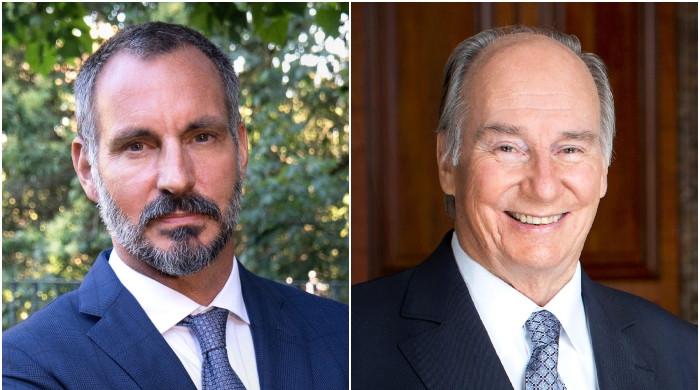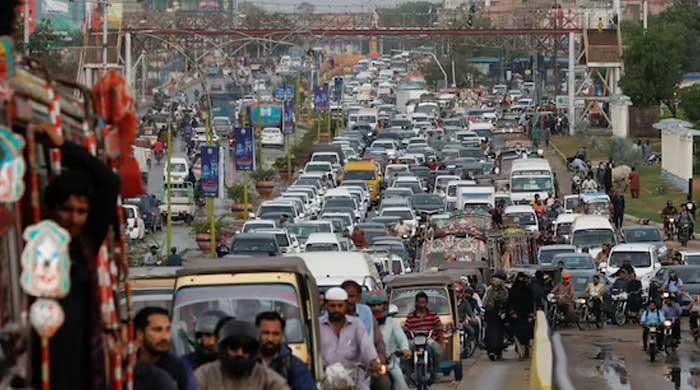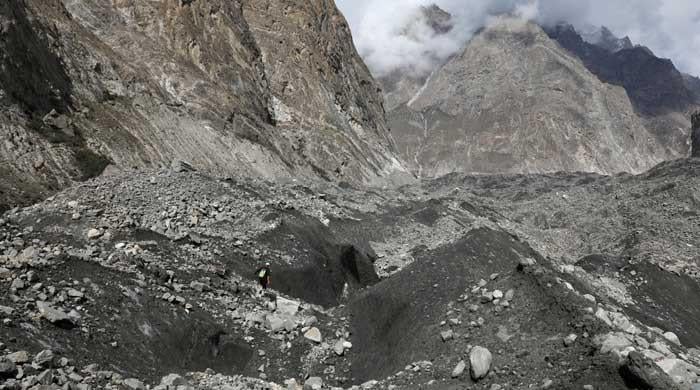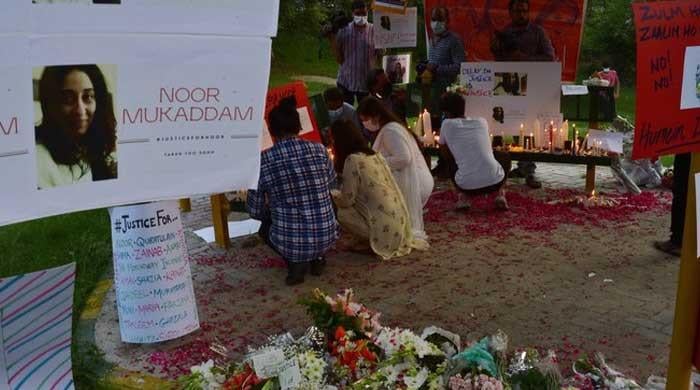SCO foreign ministers meeting and bully India
Foreign ministers likely to exchange views on cooperation in various fields and major regional and international issues
July 15, 2025
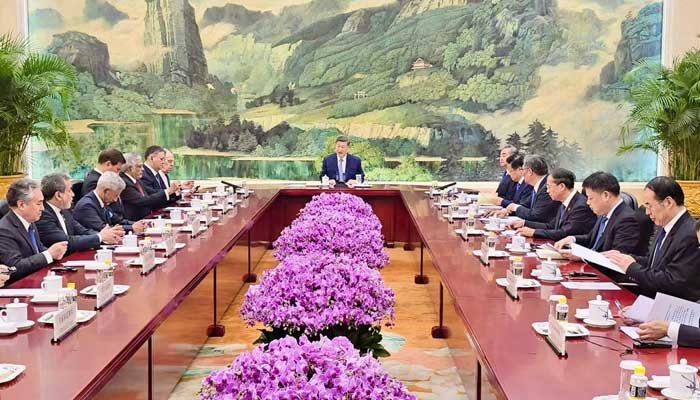
The meeting of the Council of the Minister of Foreign Affairs (CFM) of the Shanghai Cooperation Organisation member states has started in Tianjin, China. It is being held under the theme "Upholding the Shanghai Spirit: SCO on the Move."
Deputy Prime Minister and Foreign Minister Senator Ishaq Dar is leading Pakistan’s delegation. During his three-day stay, the Deputy PM called on President Xi and is expected to hold bilateral meetings with his counterparts.
Indian Minister of External Affairs Subrahmanyam Jaishankar is also attending the moot. However, there is no bilateral meeting expected between the ministers of the arch-rival India and Pakistan.
On 26 June, a meeting of the Ministers of Defence of the SCO member states was held in Qingdao. Defence Minister Khawaja Asif and his Indian counterpart Rajnath Singh sat across the table but avoided to discuss bilateral issues.
Humiliated for losing war with Pakistan, Indian defence minister had also tried to circumvent the importance of the meeting by refusing to sign a joint statement by labelling it as ‘pro-Pakistan’ for not mentioning Pahalgam incident.
A day before CFM summit, Chinese foreign minister Wang Yi met his Indian counterpart Jaishankar in Beijing. Yi stressed that India should adhere to good-neighbourliness and find a way for mutual respect and peaceful coexistence.
By joining Quad, an alliance of the United States of America, India, Australia and Japan, Delhi has taken an aggressive posture against Beijing. It has not only entered into a strategic competition but also ‘threatening the future of the international order’.
Without naming the adversary, Wang Yi reminded Jaishankar that the relationship between China and India should not be disrupted by any third party. He stressed that both countries should pursue cooperation rather than competition and seek mutual success rather than mutual attrition.
This bilateral meeting has taken place at a time when Delhi is exposed for silently seeking ceasefire with Pakistan. Over a dozen time, US President Donald Trump has repeated that he brokered ceasefire and thanked Pakistan for stopping the war. In other words, further disgracing Delhi in almost a one sided war.
Probably sheer embarrassment prompted Jaishankar to assert that India was ready to strengthen coordination and cooperation with China at the multilateral level to promote a multipolar world.
CFM meeting is also taking place amid escalation of Ukraine crisis, war against Iran where the United States of America joined Israel to bomb Iranian nuclear facilities, Trump Tariff against the world and renewed US sanctions on a number of countries.
On its part, the SCO is against protectionist measures, unilateral sanctions and trade restrictions. In a joint statement issued after the 23rd Summit, SCO had maintained that “Unilateral sanctions violate international law, harm the interests of other countries, and disrupt international economic relations”.
The leaders had also vowed to oppose protectionism and stressed for “the importance of continuing to consolidate a non-discriminatory, open, fair, inclusive, and transparent multilateral trading system based on WTO rules and principles”.
The next Council of Heads of State is taking place on 31st of August and first of September in the same Tianjin city.
As far as Council of Foreign Ministers is concerned, they normally approve the documents that are to be presented for the consideration of the heads of states.
Hence, it is expected that the CFM will deliberate on the “SCO’s accomplishments, plan the future and build consensus for cooperation”.
Wang Yi hopes that, "It will help the SCO embark on a new journey from China and make the organization a more close-knit community with a shared future."
As a matter of fact, this is ‘SCO’s China Year’ as Beijing holds the rotating presidency of the organisation that was born in China in 2001. It is comprised of China, Pakistan, India, Iran, Russia, Belarus, Kazakhstan, Kyrgyzstan, Tajikistan and Uzbekistan.
It is expected that the foreign ministers will exchange views on cooperation in various fields and major regional and international issues.
They would also likely stress for maintaining open, inclusive, sustainable, stable, diversified and reliable global supply chains and peaceful coexistence.




